Top 6 Health Benefits of Corn
Corn is one of the world's most popular veggies. It was initially used in Mexico around 7.000 years ago. Corn is naturally gluten-free, which makes it a good ... read more...alternative to wheat for those who must avoid gluten. Corn is an excellent provider of numerous nutrients, which is why you should incorporate this delectable food into your diet. Let's look at the finest corn health advantages.
-
Corn's major carotenoids (or pigments), lutein, and zeaxanthin help protect your eyes and have been found to lessen the risk of macular degeneration and cataracts. Meanwhile, the antioxidant quercetin has been demonstrated to fight both acute and chronic inflammation, as well as to protect against neurological illnesses like Alzheimer's. Quercetin has also been related to apoptosis, the body's self-destruct procedure for eliminating worn-out or malfunctioning cells.
Other antioxidants found in blue and purple maize have been demonstrated to be particularly effective at combating inflammation. They also protect against oxidative stress, which occurs when there is an imbalance between the generation of cell-damaging free radicals and the body's ability to counteract their negative effects.
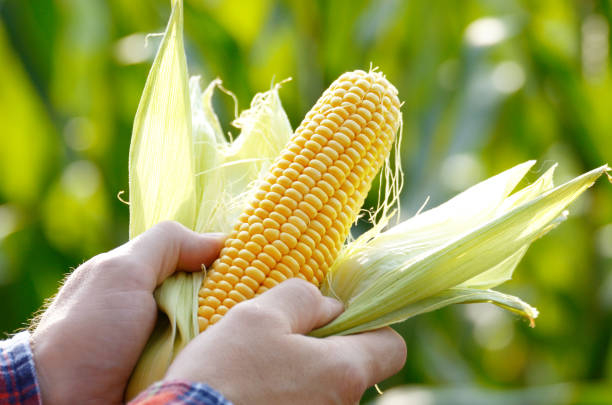
Provide Protective Antioxidants 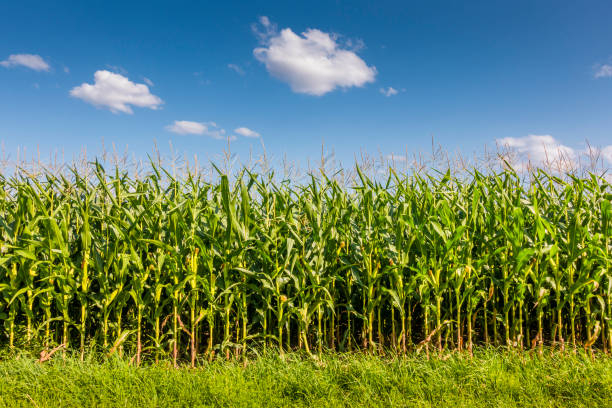
Provide Protective Antioxidants -
One cup of maize has 18.4 percent of the daily recommended amount of fiber. Because maize is a complete grain, it may help with digestive issues including constipation and hemorrhoids. According to one research, a corn barn relieved constipation substantially better than a wheat barn.
Dietary fiber may assist in bulk and soften feces, facilitate regular evacuation, and reduce straining. This is accomplished by increasing peristaltic motion and the generation of gastric juice and bile. Irritable bowel syndrome (IBS) and diarrhea can be considerably decreased by adding volume to loose stools.
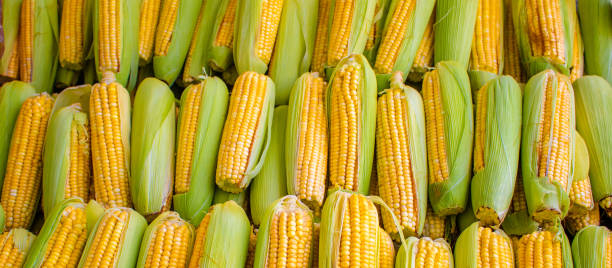
Prevent Constipation 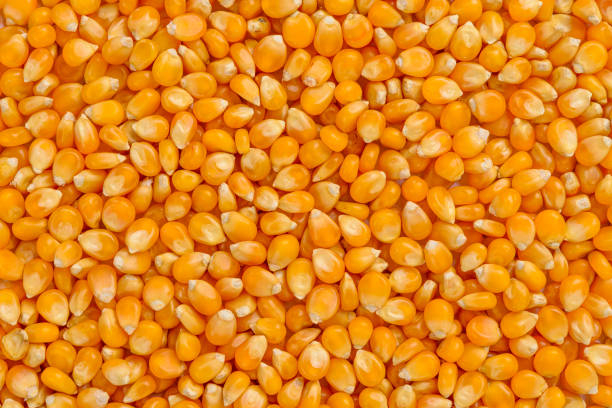
Prevent Constipation -
Corn may include various critical elements that aid in optimal development and disease resistance. It is a key source of Fe, Zn, Cu, Mn, Mg, and P, according to a 2017 study published in the Journal of Food Science and Technology. However, the nutritional content might vary depending on how it is gathered and prepared. When consumed whole or as popcorn, the nutritional value is best kept. The nutritional value of foods is reduced when they are steamed, boiled, or roasted.
It may also include trace elements like selenium, which are hard to come by in typical diets. Phosphorus is required for good development, bone health, and proper kidney function. Magnesium is required for proper heart rate and enhancing bone mineral density.

Provide Essential Minerals 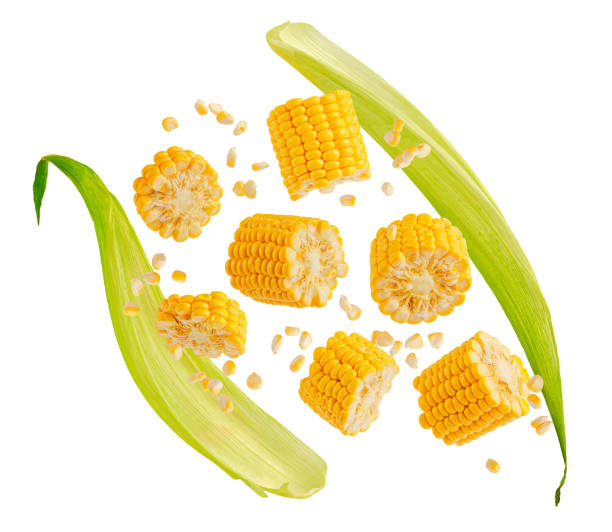
Provide Essential Minerals -
Corn oil, according to a study, may have an anti-atherogenic impact on cholesterol levels, potentially lowering the risk of numerous cardiovascular illnesses. Corn oil, in particular, maybe the greatest strategy to promote heart health due to its near proximity to an ideal fatty acid combination. This enables omega-3 fatty acids to remove the harmful LDL or bad cholesterol and replace it at the binding sites. This may lessen the likelihood of artery-clogging, lower blood pressure, and reduce the risk of heart attack and stroke.
Another study found that consuming corn husk oil may reduce plasma LDL or bad cholesterol by lowering cholesterol absorption in the body. As previously stated, a decrease in LDL cholesterol does not imply a decrease in HDL or good cholesterol, which can have favorable effects on the body. They include the possibility of reducing cardiac disease, preventing atherosclerosis, and scavenging free radicals throughout the body. Corn oil is one of the foods recommended by the Australian government for reducing heart disease.
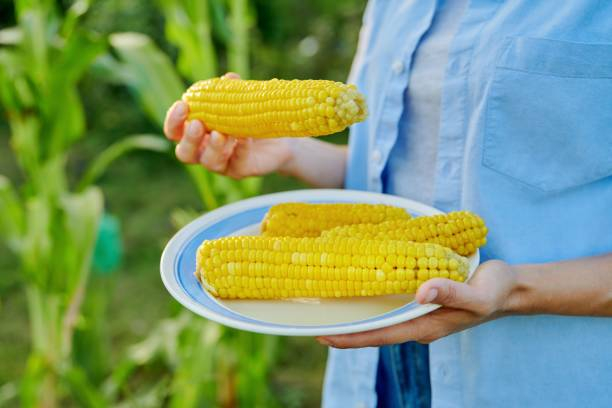
Protect Your Heart 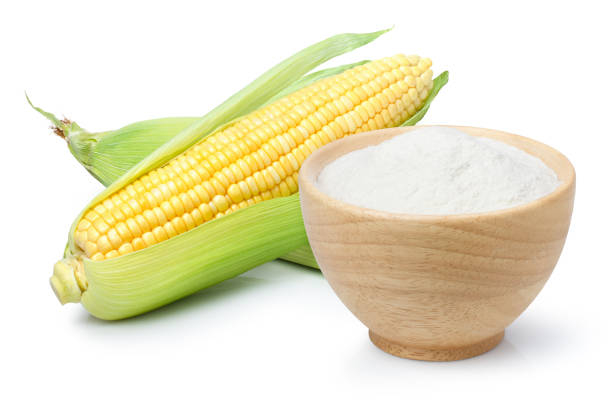
Protect Your Heart -
Yellow maize may be an excellent source of beta-carotene, which is converted into vitamin A in the body and is necessary for good vision and skin. According to research published in the journal Science, beta-carotene is a good source of vitamin A since it gets transformed into the body as needed.
Because too much vitamin A might be hazardous, obtaining it through beta-carotene processing is excellent. It may also aid skin and mucous membrane health, as well as the immune system. The amount of beta-carotene in the body that is not converted into vitamin A, like other carotenoids, works as a powerful antioxidant and can fight illness.
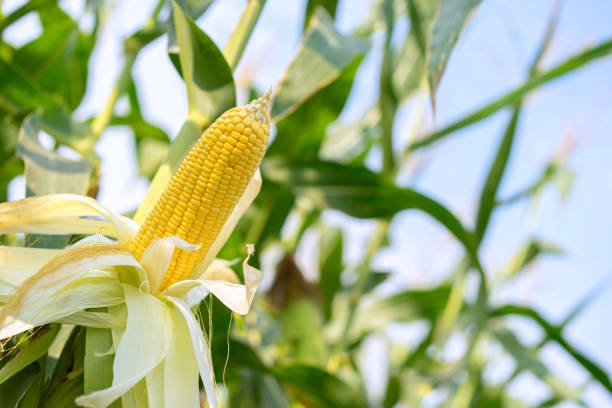
Benefit Eye & Skin Care 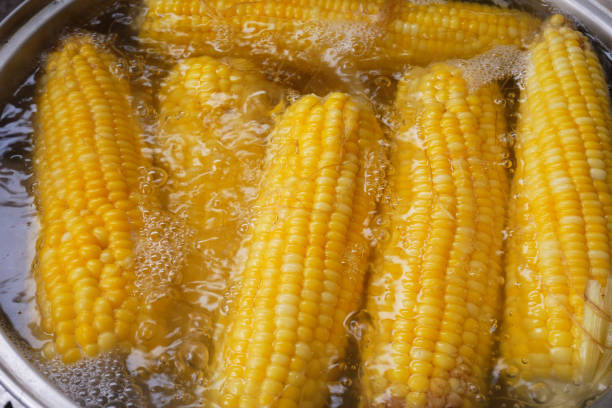
Benefit Eye & Skin Care -
Diabetes appears to have become a global epidemic in recent decades. Although the particular process is unknown, it is thought to be connected to nutrition. According to a 2018 study published in the journal Food Science and Human Wellness, intake of whole-grain maize is associated with a lower risk of developing type 2 diabetes.
Consumption of its kernels, according to the Journal of Medicinal Food, aids in the treatment of non-insulin-dependent diabetic Mellitus (NIDDM) and may be useful against hypertension due to the presence of phenolic phytochemicals in whole corn. According to the British Journal of Nutrition, phytochemicals can control the absorption and release of insulin in the body, which can lower the risk of spikes and declines in persons with diabetes and help them maintain a healthy lifestyle.
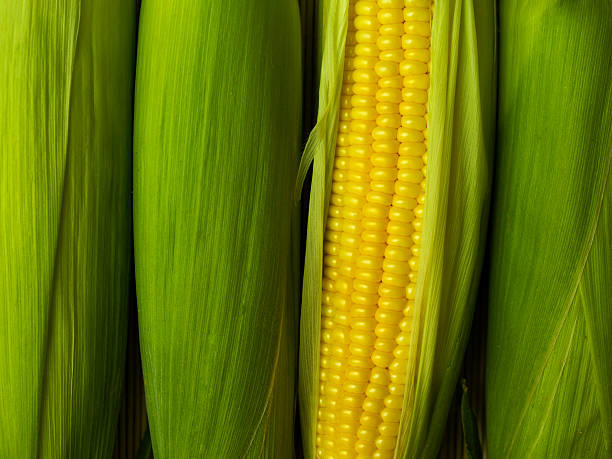
Help Manage Diabetes 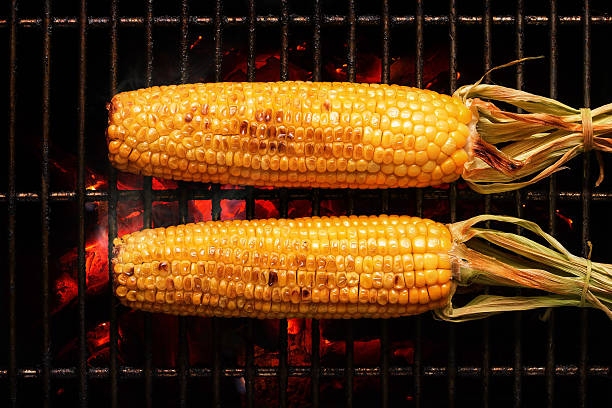
Help Manage Diabetes



























